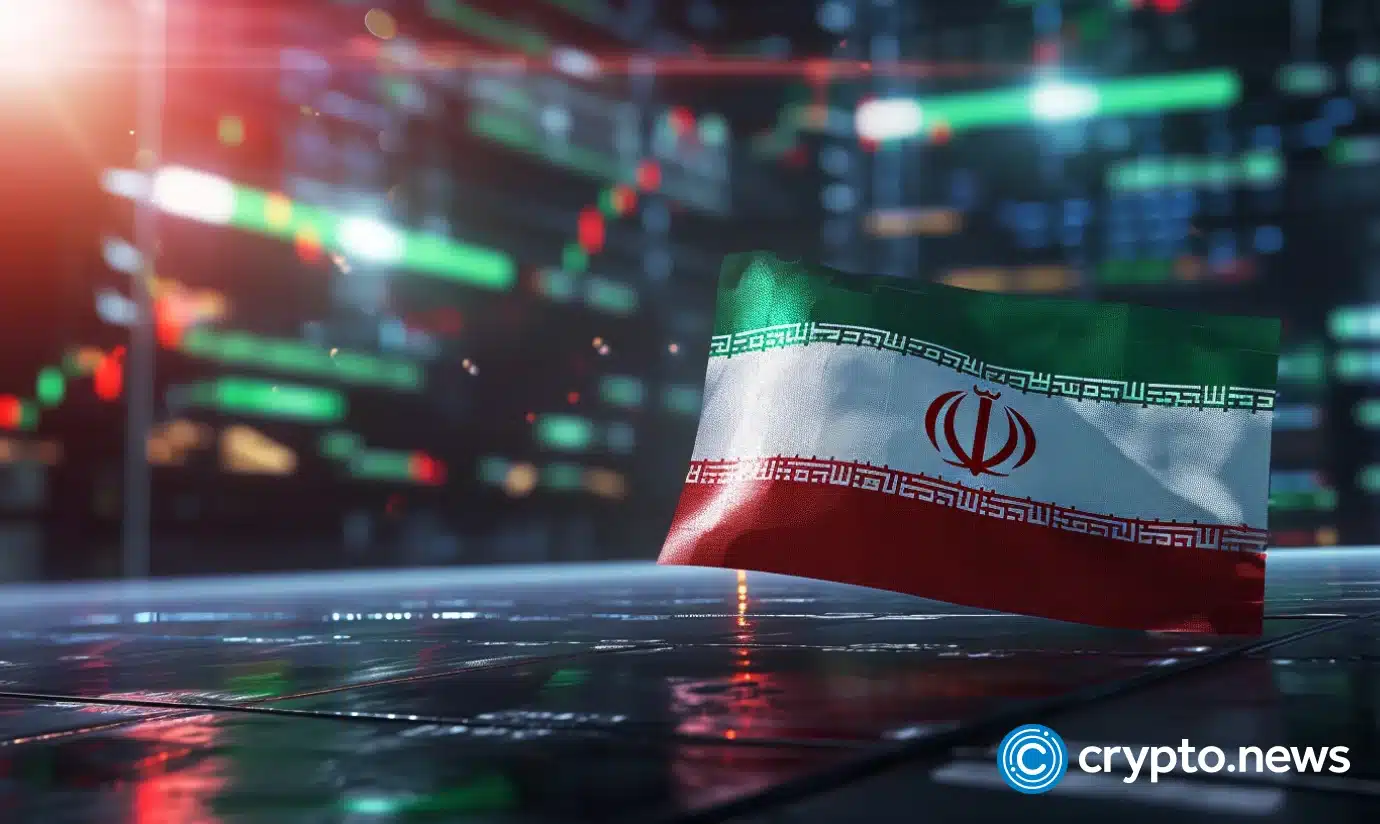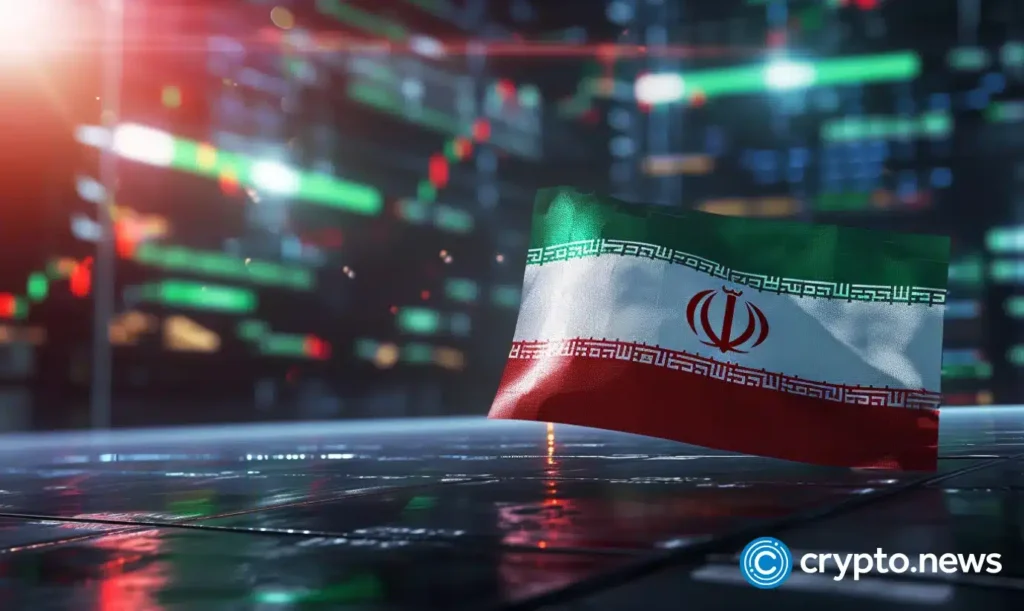
The local Iranian cryptography market is under pressure while recent regional conflicts and security violations weigh on the feeling of investors and global activity.
Summary
- Between January and July 2025, Iranian crypto flows fell to $ 3.7 billion, down 11% compared to 2024.
- The June Nobitex hack disrupted liquidity and rocked investors’ confidence.
- Outgoing cryptographic transactions have remained stable, showing the continuous use of crypto in the escape of sanctions.
A recent TRM Labs report shows that between January and July 2025, the total cryptocurrency flows involving Iranian entities fell to $ 3.7 billion, down 11% compared to the same period in 2024.
The highest drops occurred after April, the entries in June decreasing by more than 50% in annual shift and in July which collapse by more than 76%. This slowdown was largely motivated by geopolitical instability and operational disturbances, the 12 -day conflict with Israel in June considerably affecting market activity.
At the same time, investors’ confidence has weakened.
Nobitex Hack Rattles Iran’s Crypto Market
The cyber attack of June 18 on Nobitex, the largest Iranian crypto exchange, carried out by the Predatroy Sparrows Predro-Israeli pirates group during the conflict, rocked the local market players.
With more than $ 90 million losses, the violation had an impact on liquidity for users of retail and the institution, slowing down the processing of transactions. Merchants have also questioned the safety and reliability of interior exchanges, pushing a lot to seek alternative platforms.
Tether’s largest gel worsened Tether’s portfolios in July, which removed a large part of the stable liquidity. This forced merchants to rotate quickly, with many mixtures and converting their assets to maintain access to the stables of liquids and continue cross -border transactions.
Despite this, TRM Labs reported that Nobitex remains the dominant exchange, managing more than 87% of the entire volume of cryptographic transactions linked to Iran, in particular outgoing flows.
Iranian crypto outputs persist in the middle of the entries
While the inputs have dropped sharply, the outgoing cryptography volumes remained relatively stable, highlighting the continuous role of digital assets as a channel for capital flight. The report added that Iranians also count on the crypto to preserve wealth and move funds internationally.
Beyond capital Flight, Iranian entities continue to use crypto for sensitive purchases such as drone components and AI equipment. These groups should be taken advantage of the KYC bypass, allowing sanctioned entities to operate despite international restrictions.
After the hack in July, the Intelligence Blockchain Societies surveys revealed that Nobitex portfolios had discreetly moved funds for months using furtive techniques often linked to money laundering. These results have raised questions about the transparency of the exchange, which suggests that a large part of its activity on chain may have been linked to sanctioned actors or illicit flows.
Subsequent reports have also indicated that the Iranian government may have used crypto for espionage, with several presumed spies arrested later by the Israeli authorities, who would have paid digital assets.
The persistence of outgoing flows suggests that these activities can still be underway, emphasizing the widespread use of cryptocurrency in Iran for capital movement and strategic operations.
Iran crypto regulation
The regulations of Iranian cryptography has evolved considerably under the pressure of international sanctions, forcing the country to develop a single regulatory framework which balances compliance with internal needs. The Iranian government has implemented specific cryptography license requirements for exchanges while simultaneously authorizing the adoption of cryptography as an economic necessity to bypass banking restrictions and facilitate international trade.
The broader economic impact of hacking Nobitex extends beyond individual losses, affecting the adoption trends of cryptography and the dynamics of the Iran market. Local companies and individuals are counting more and more on cryptocurrency to mitigate the impacts of inflation, digital assets used as covers against the devaluation of currencies. This growing dependence has made security incidents such as the recent Nobitex violation that is particularly damaging to confidence, forcing traders to reconsider their exposure to risks to internal exchanges and to potentially slow the country’s path towards the integration of traditional cryptography.




